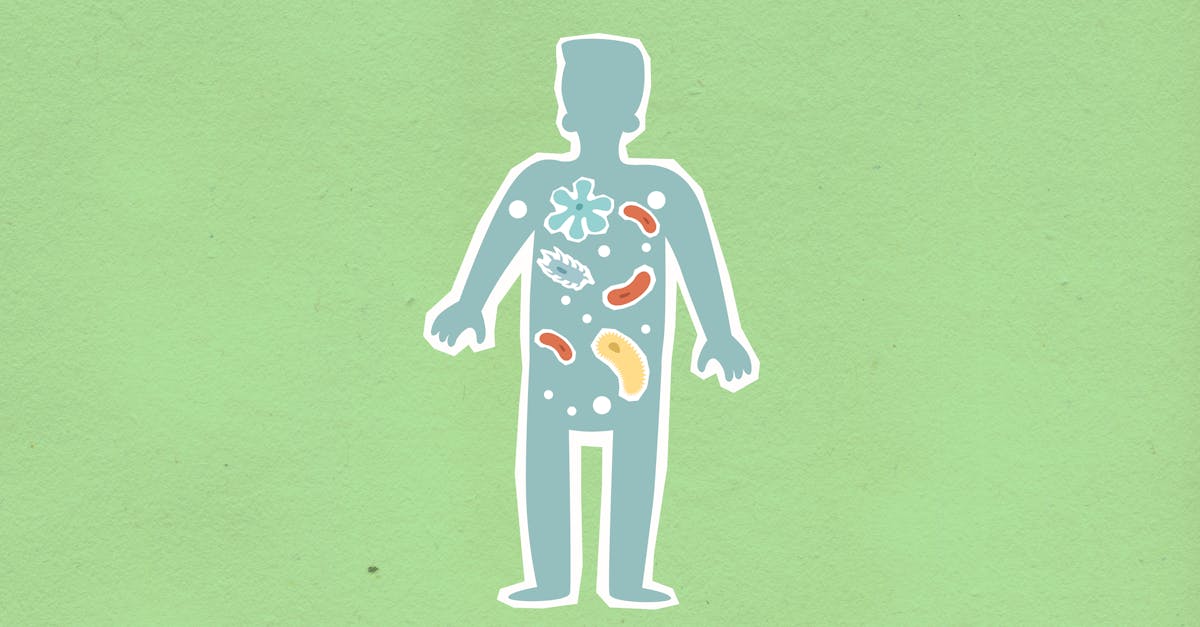Understanding Gut Health and Digestive Balance
Introduction to Gut Health
In recent years, gut health has emerged at the forefront of health and wellness discussions, gaining extensive attention for its critical role in overall well-being. The human gut, often termed the "second brain," significantly impacts not just digestion but also our immune system, mental health, and even skin health. More than ever, people are recognizing that a balanced and healthy gut microbiome is essential for optimal health. This intricate ecosystem comprises trillions of bacteria, fungi, and other microbes that digest food, absorb nutrients, and maintain the gut lining. A healthy digestive system doesn't only prevent gastrointestinal issues but also contributes to a robust immune system and improved mood. This article explores the fascinating landscape of gut health and offers insights into maintaining digestive balance.
Advertisement
The Gut Microbiome
At the core of gut health is the microbiome—a bustling community of microorganisms that reside in the digestive tract. This collection of microbes is unique to each individual, influenced by genetics, diet, lifestyle, and environmental factors. A balanced microbiome is characterized by a diverse population of beneficial bacteria that maintain digestive harmony and fend off pathogenic invaders. Disruptions in this balance, known as dysbiosis, can lead to various health issues, including irritable bowel syndrome (IBS), inflammatory bowel disease (IBD), and even metabolic conditions like obesity and diabetes. Restoring and maintaining a healthy microbiome is essential for digestive balance and can be achieved through dietary changes, probiotics, and prebiotics.

Monstera Production/Pexels
Advertisement
Impact of Diet on Gut Health
Diet is a primary driver of gut health, influencing the composition and function of the gut microbiome. Consuming a diet rich in fiber, fruits, vegetables, and fermented foods supports microbial diversity and improves gut health. Fermented foods like yogurt, sauerkraut, and kimchi contain probiotics—live bacteria beneficial for the gut. Conversely, diets high in processed foods, sugars, and unhealthy fats can disrupt the microbial balance, leading to negative health impacts. It's crucial to include prebiotics, non-digestible fibers that nourish beneficial bacteria and enhance their growth. Foods like onions, garlic, bananas, and asparagus are rich in prebiotics and should be included in a gut-friendly diet.
Advertisement
Gut Health and the Immune System
The gut plays a pivotal role in the immune system, harboring approximately 70% of the body's immune cells. The gut lining acts as a barrier, preventing harmful substances from entering the bloodstream and triggering immune responses. A healthy gut enhances immune function by producing short-chain fatty acids like butyrate, which have been shown to promote anti-inflammatory pathways. Dysbiosis, however, can lead to a weakened immune defense and increased susceptibility to infections. Improving gut health may strengthen immune responses, aiding in the prevention of various illnesses. Therefore, maintaining a balanced microbiome is fundamental in supporting immune health.
Advertisement
Mental Health and the Gut-Brain Axis
The gut-brain axis is a complex communication network linking the gut and the brain, highlighting the bidirectional relationship between digestive health and mental well-being. The gut produces neurotransmitters like serotonin, which influences mood and mental health. An imbalanced gut can be linked to mental health issues such as anxiety, depression, and stress. Additionally, stress and mental distress can negatively impact gut health, creating a vicious cycle. By promoting a balanced diet, managing stress, and possibly utilizing probiotics, individuals can foster a healthy gut-brain connection, leading to improved mental and emotional health.
Advertisement
Impact of Lifestyle Choices
Beyond diet, lifestyle choices significantly affect gut health. Physical activity, adequate sleep, and stress management play crucial roles in maintaining a stable and functional digestive system. Regular exercise promotes digestive movement and microbial diversity, while quality sleep supports the body's restorative processes, including gut repair. Chronic stress, on the other hand, can alter microbial balance and exacerbate digestive discomfort. Practicing mindfulness, engaging in relaxation techniques, and maintaining a consistent sleep schedule can positively influence gut health, enhancing overall well-being.
Advertisement
Gut Disorders and Symptoms of Imbalance
When the gut is out of balance, it can manifest in various digestive and non-digestive symptoms. Common signs include bloating, gas, constipation, and diarrhea. However, imbalances can also have systemic effects, including fatigue, skin issues, and mood disorders. Gut disorders like IBS or celiac disease reflect more severe imbalances that may require medical intervention. Recognizing these symptoms early allows for timely management, preventing more significant health challenges. A proactive approach to gut health can mitigate these uncomfortable symptoms and improve quality of life.
Advertisement
Promoting Gut Health Naturally
Improving gut health doesn't always require drastic measures; simple, natural strategies can make a big difference. Start by incorporating more dietary fibers, engaging in regular exercises, and minimizing exposure to stressors. Fermented foods and probiotics are effective ways of introducing beneficial bacteria into the gut, promoting a healthier microbiome. Eating a varied and nutrient-rich diet supports microbial diversity, while reducing the intake of processed and sugary foods can prevent microbial imbalances. Drinking plenty of water ensures efficient digestion and nutrient absorption, bolstering overall digestive health.
Advertisement
Use of Probiotics and Supplements
Probiotics—live bacteria that confer health benefits—have become popular for promoting gut health. These supplements can help restore balance to the gut microbiome, particularly after antibiotic treatments or during periods of digestive distress. Probiotics may be available in various strains and formats, such as capsules, tablets, or liquids. Supplements like omega-3 fatty acids, vitamin D, and zinc also support gut health by reducing inflammation and enhancing gut barrier integrity. Consultation with healthcare professionals can ensure the appropriate use of probiotics and supplements to target specific gut issues.
Advertisement
Summary and Conclusion
In conclusion, gut health forms the foundation of overall health, influencing everything from digestion to mental clarity and immune function. Understanding the intricate relationship between diet, lifestyle, and the gut microbiome empowers individuals to make informed choices that foster a healthy digestive system. By incorporating natural foods, regular exercise, and mindful practices, maintaining a balanced gut becomes achievable. Awareness of gut health encourages proactive health management, resulting in improved physical and mental well-being. Ultimately, a healthy gut is a gateway to a vibrant and balanced life.
Advertisement


